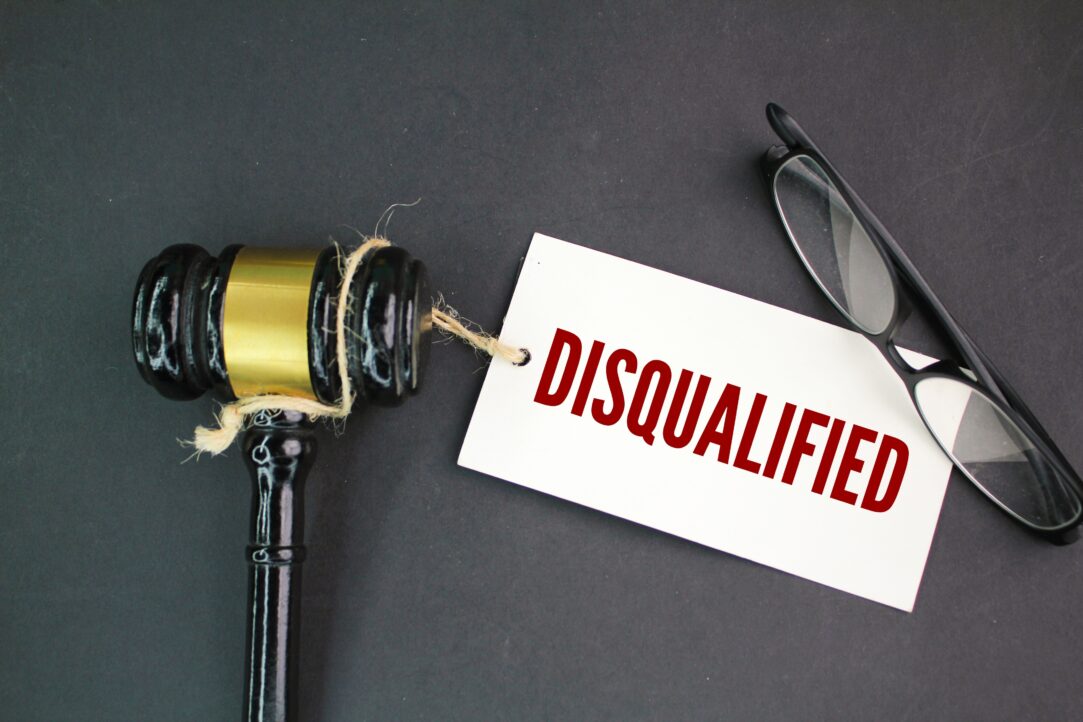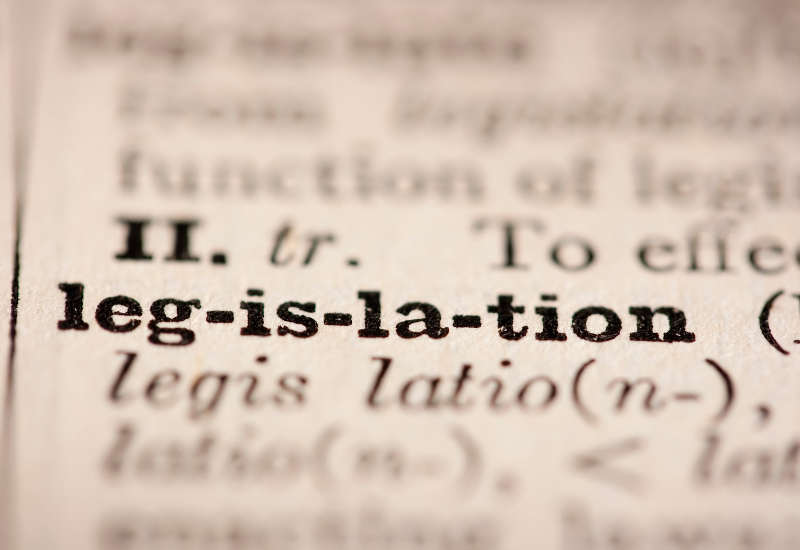- 21 Mar 2023
- •
- 3 min read
Guide To Charity Trustee Duties And Responsibilities

The role of a charity trustee is of huge importance to their charity and the sector, it is vital that trustees are aware of and understand their roles and responsibilities as a charity trustee. A charity trustee is usually a voluntary unpaid role*, and the time commitment can vary considerably depending on the size, activities and other resources of the charity. Before any new trustees join, it is important that they are given details of what level of commitment is expected or required of them.
Upon appointment all trustees should be provided with a copy of the charity’s governing document, any relevant policies, and directed to relevant Charity Commission guidance (which is accessible via their website: https://www.gov.uk/government/organisations/charity-commission). It is also advisable and good governance to offer new trustees training on their role and responsibilities. In addition, before any new trustees are appointed, the trustees should ensure that appropriate checks are undertaken to ensure that the proposed individual is eligible to be a charity trustee.
Trustees are responsible for the general management and administration of the charity, and whilst they can delegate certain actions and decisions, ultimate responsibility rests with them. Depending on the structure of the charity they may be called an alternative name other than trustees (for example, committee members, governors, the board) and may have additional duties (if a charitable company they will also be directors under company law). However if they are “the persons having the general control and management of the administration of the charity”** then regardless of their title, they will be the charity trustees under charity law and have the role and responsibility of a charity trustee.
We have set out below a summary of the key duties and responsibilities of a charity trustee.
Key Duties:
- To act in accordance with the charity’s governing document and the law, and only exercise powers in advancement of the charity’s charitable objects
- Trustees must act within their powers and in accordance with the law and their governing document.
- Trustees need to ensure that the charity complies with charity law requirements and other laws that apply to the charity (e.g. data protection law).
- To ensure that the charity is carrying out its purposes for the public benefit
- Trustees should have a clear understanding of their objects and how the charity benefits the public and be able to explain how the activities are intended to further the objects and benefit the public
- Trustees could potentially be liable if they allow the charity’s assets to be used for other purposes and loss is caused to the charity as a result of those actions
- To exercise reasonable care, skill and diligence
- As a minimum, a trustee must act with the reasonable knowledge, skill and experience that may reasonably be expected of a charity trustee
- If a trustee has any specialist knowledge or skill (e.g. they are an accountant), they are also expected to act in accordance with the knowledge and skill they have
- Where appropriate, if the trustees do not have specialist skill or knowledge to make a decision, they should seek appropriate professional advice
- Trustees should ensure that they actively participate in trustee business and keep themselves fully informed of the charity’s activities and operations
- To act in your charity’s best interests
- Trustees should work collectively with their fellow trustees to decide what is in the best interests of the charity. They should make well informed decisions taking into account all relevant circumstances, risks and considerations
- The trustees must act diligently and in good faith to promote the long-term success of the charity
- Where considered appropriate or necessary, obtain professional advice
- Ensure all conflicts of interest are carefully and appropriately managed. If any trustee is conflicted, they must declare that conflict of interest to the other trustees.
- Trustees should not receive any benefit from the charity unless it is authorised and in the charity’s best interests.
- To manage your charity’s resources responsibly
- Trustees must act responsibly, reasonably and honestly and ensure that they exercise sound judgment in making decisions on behalf of the charity
- When making key decisions all necessary factors should be taken into consideration to ensure that the charity’s resources are being used in the most appropriate way and in pursuance of advancing its objects
- Trustees should put in place appropriate policies and processes to safeguard the charity’s assets and ensure that all trustees and other personnel, as appliable, are aware of the policies and processes, and that they are complied with
- Trustees should ensure that they do not over-commit the charity or take inappropriate risks with the charity’s assets or its reputation.
- To ensure that your charity is accountably
- Trustees should satisfy all reporting and filing requirements and ensure compliance with all applicable law and regulation
- Keep up to date records and registers and maintain records
- Where a charity has a separate membership, demonstrate accountability to members
The Charity Commission has a number of useful guidance and resources which can assist trustees in their duties and responsibilities. If you have any questions or would like any assistance on trustee duties, charity governance and/or training please do get in touch with us.
*There are some limited circumstances where a charity trustee may be paid, however this would only be possible where the charity’s governing document permits this and/or it has been authorised by the Charity Commission.
** Section 177 Charities Act 2011














